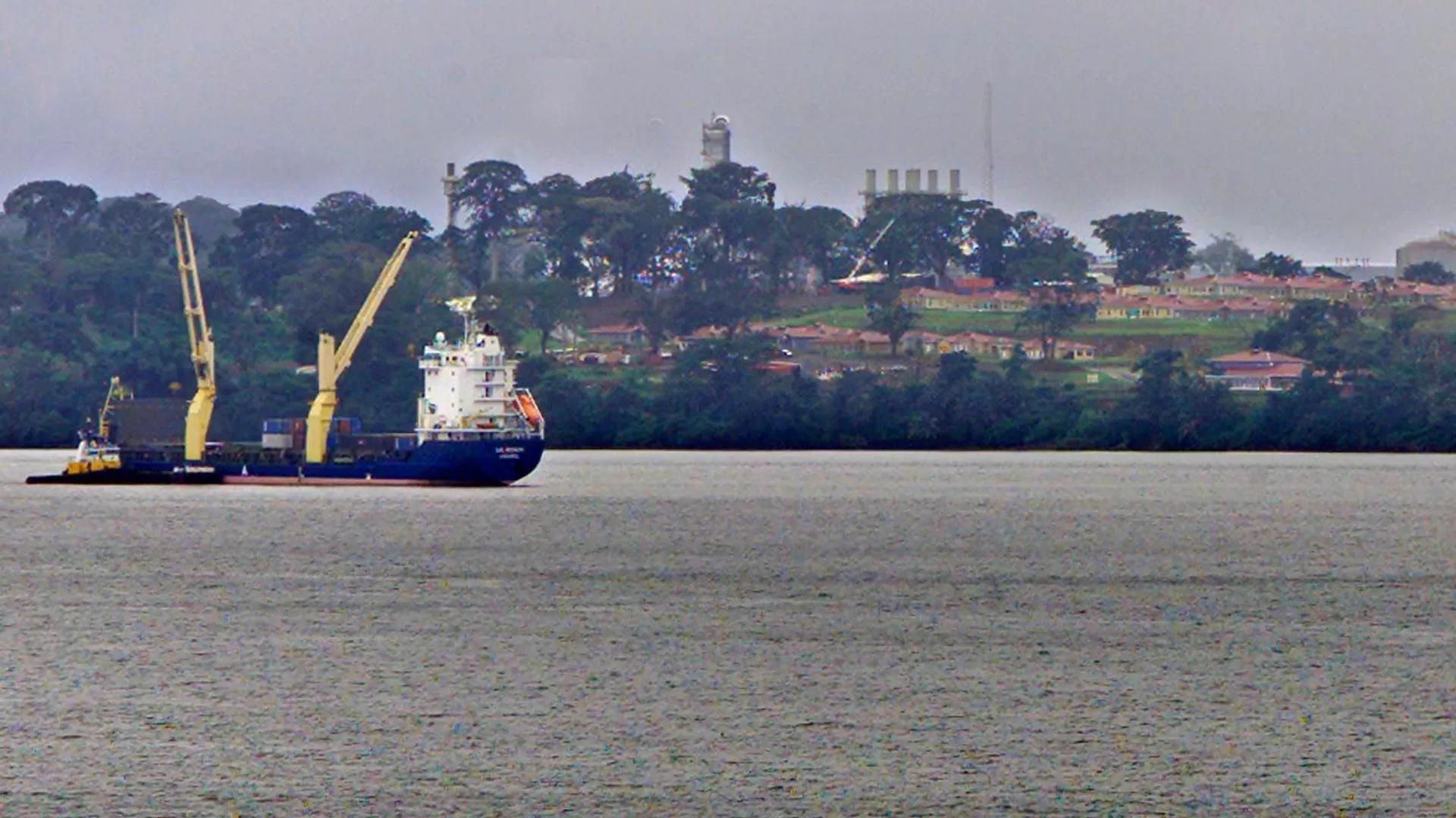Africa-Press – Eswatini. A number of Central African countries signed an agreement on September 8 to create a regional oil and gas pipeline network by 2030 to ensure energy security, tackle energy poverty and boost the internal supply of hydrocarbons.
The Central African energy project will require foreign know-how, with Russian technical expertise capable of tipping the balance in favor of African energy projects, according to energy experts Dr. Mamdouh G Salameh and NJ Ayuk.
Equatorial Guinea, Cameroon, Gabon, Chad, Angola, the Democratic Republic of Congo and Congo Republic – members of the Economic Community of Central African States (ECCAS) which signed the pipeline agreement – are all oil producers or possess substantial oil and gas reserves. At the same time, shortcomings in refining capacity and the lack of financing have left them dependent on imported refined products. As a result, they have been struggling with fuel and power shortages for years.
Most existing refineries are either not working or don’t have the capacity, acknowledged Ayuk, noting that there have been many plans to overcome dependence on imported refined petroleum goods previously.
“[There have been] a lot of feasibility studies but very little action from governments and the private sector,” he said, adding that African governments have been largely focused on earnings from crude sales. According to Ayuk, Central African states “need to make big decisions and push this for our own energy security and survival.”
He explained that of the top ten crude oil reserves in Africa, five are in the Central African countries of Gabon, Republic of Congo, Equatorial Guinea, Chad and Angola, with proven reserves estimated at 31.3 billion barrels (bb). “They also boast proven gas reserves exceeding 40.0 trillion cubic feet (tcf),” he added.
There are several promising projects on the table which have failed to materialize so far, according to the international oil economist. How to Make the Project Fly?
The recent project inked by a number of regional players at the Central Africa Business Forum in Douala, Cameroon, on September 8-9 envisaged building three multinational oil and gas pipeline systems approximately 6,500 km long, with accompanying storage depots, liquefied natural gas terminals, at least three refineries and gas-fired power plants linking 11 countries.
The memorandum of understanding concerning the ambitious deal was signed by the African Petroleum Producers’ Organization (APPO) and the Central Africa Business Energy Forum (CABEF). West Africa’s gas pipeline connecting Nigeria, Benin, Togo and Ghana served as one of the models for the new endeavor.
Ayuk agreed that financing is still under question, adding, however, that the African Export–Import Bank, also referred to as Afreximbank – a pan-African multilateral trade finance institution – and other financial organizations, will be key. He also noted that “there is full alignment of all heads of state and the African energy chamber is mobilizing the private sector to support.”
At the same time, Ayuk warned about potential resistance from various western environmental groups which have repeatedly thrown sand in the gears of the continent’s projects under the guise of a climate change agenda.
For More News And Analysis About Eswatini Follow Africa-Press







